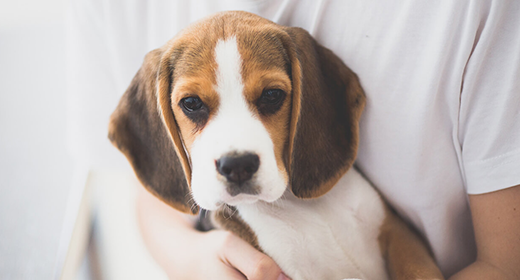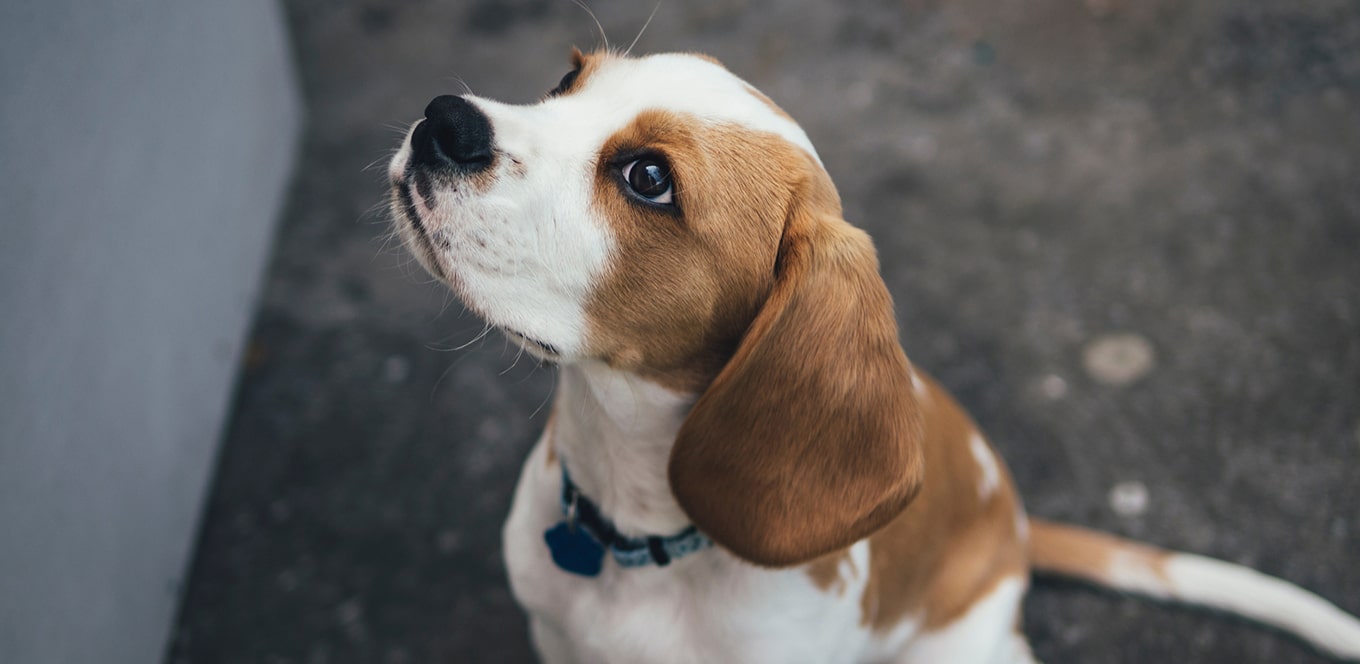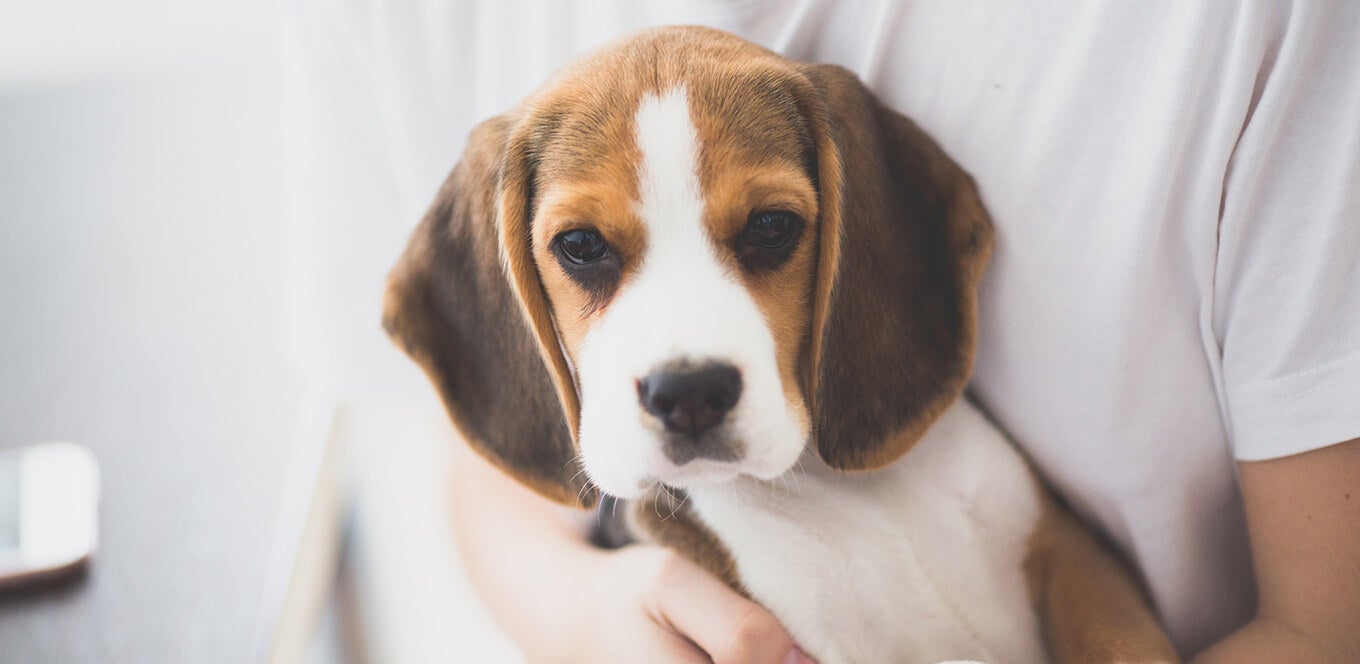

Have you ever spotted your beloved canine companion nibbling on the lush green blades in the backyard and found yourself pondering the reason behind this seemingly peculiar behavior? This intriguing habit has fascinated pet owners and experts for generations. In this blog, we will explore the various factors that might drive your furry friend to indulge in this grassy feast, unfolding the mystery behind their seemingly strange dietary preferences and habits.
Dogs have been known to display a liking towards occasionally nibbling on grass. While the exact rationale may differ from one dog to another, several theories attempt to shed light on this behavior, providing explanations for this habit. Understanding the underlying motivations can provide valuable insights into insights into our furry friends’ dietary preferences. Your dog could be eating grass due to various causes, some of which are listed below.
Some dogs simply relish the taste and texture of grass, which might be due to the change in taste, texture, or smell during different seasons. For them, indulging in a bit of greenery might be akin to us savoring a favorite snack. It may not necessarily serve any particular purpose other than fulfilling a canine craving for something different and intriguing, making it a harmless pastime that satisfies their curious taste buds and offers them a brief moment of sensory delight amid their daily routines.
In certain instances, dogs may resort to grass as a means of alleviating boredom and seeking sensory stimulation. Particularly for those lacking sufficient mental or physical engagement, exploring the various textures and tastes of the outdoors can serve as a form of entertainment, helping to pass the time and provide a temporary distraction from their otherwise monotonous routines. This act of grazing on grass could serve as a form of mental enrichment, offering them a much-needed change of pace and an opportunity to engage their senses.
Dogs, like humans, require a certain amount of fiber in their diets to maintain a healthy digestive system. Since grass is a natural source of fiber, sometimes dogs can eat grass instinctively to aid in digestion, especially if their regular diet lacks adequate fiber content. This act of consuming grass could potentially help them regulate their digestive processes, promoting better overall gut health and ensuring smooth bowel movements, contributing to their overall well-being and physical comfort.
Surprisingly, grass contains certain properties that could aid dogs in purging their system of any potentially harmful intestinal parasites. By inducing vomiting through grass consumption, dogs might instinctively attempt to cleanse their digestive tract, ridding themselves of any unwelcome parasites that could be causing discomfort or distress. This natural mechanism could be a part of their innate self-care routine, serving as a means of maintaining their overall health and well-being while safeguarding them from potential health risks posed by internal parasites.
Keeping a close eye on your dog's grass-eating habits is essential for understanding their overall well-being. Despite common assumptions, the act of consuming grass does not necessarily indicate an underlying illness, with reports suggesting that only about 10% of dogs appear to be unwell before indulging in grass. This emphasizes the importance of paying attention to other cues to gauge your pet's health accurately and understand if grass is good for dogs.
Furthermore, it is worth noting that most dogs, approximately 25%, who consume grass do not end up vomiting regularly after grazing. This challenges the conventional notion that grass consumption leads to subsequent vomiting. Some experts propose that this behavior might aid in digestion or cater to specific nutritional requirements, such as the need for additional dietary fiber, indicating a potentially intuitive dietary mechanism in canines.
However, as mentioned previously, it is plausible that your dog simply relishes the taste or texture of grass, viewing it as a form of sensory stimulation. By closely observing your dog's grass-eating patterns and any accompanying behaviors, you can discern whether this habit is a matter of preference or indicative of underlying health issues that require attention. This vigilance allows for a comprehensive understanding of your pet's dietary preferences and potential nutritional needs.
If you suspect your dog is eating grass out of boredom, it is crucial to ensure it is getting sufficient exercise and mental stimulation. Consider incorporating engaging activities into its routine, such as playing interactive games like fetch or providing it with durable chew toys to keep it occupied and mentally stimulated.
In cases where your dog's grass-eating behavior stems from a potential nutritional deficiency, transitioning to a higher-quality dog food, particularly one rich in dietary fiber, could help address the underlying issue. Consulting with a veterinarian to determine the most suitable dietary adjustments for your dog is advisable to ensure it receives the necessary nutrients.
While most experts agree that grass consumption itself isn't harmful, it's important to remain mindful of potential hazards. Some lawn treatments, including herbicides and pesticides, can be toxic if ingested. Similarly, several common household and garden plants are toxic to dogs, leading to health complications if consumed alongside grass. Being vigilant about the types of plants and substances your dog has access to will significantly mitigate potential risks associated with their grass-eating behavior.
Yes, it can be normal. Some dogs eat grass occasionally as a natural behavior, but excessive consumption might indicate a need for dietary or behavioral adjustments.
Not necessarily. If it's occasional and doesn't cause harm, it might be fine. However, if it's excessive or leads to vomiting or other issues, consult a vet.
Monitor for any unusual behavior or digestive issues. If it continues or causes problems, consult a vet to rule out underlying health issues.
Provide a well-balanced diet and ensure enough physical and mental stimulation. Redirect their focus with toys or activities and consult a vet if the behavior persists.
Dogs may eat grass due to various reasons, such as dietary deficiencies, upset stomachs, natural behavior, or simply because they enjoy the taste or texture. If it becomes frequent, consulting a vet can help identify any underlying issues.


As a new puppy parent, you may feel overwhelmed by the sheer amount of information available on properly feeding your furry friend. But don't worry – we are here to help! In this blog post, we will share tips and tricks on puppy feeding, so your canine companion gets all the nourishment it needs to grow and thrive.
First and foremost, it's important to follow a consistent feeding schedule for puppies. This will help them get used to regular meals and prevent them from developing bad habits like begging for food. It's also essential to choose a high-quality puppy food formulated specifically for their age and size. Look for options containing real, wholesome ingredients and avoid anything packed with fillers or additives.
Overfeeding your puppy can lead to obesity and other health issues. It's also important to pay attention to portion sizes. And if you need help with how much to feed your pup, feel free to ask your veterinarian for guidance.
Puppies have specific nutritional needs that change as they grow and develop. It is crucial to ensure they get the right amount of food at the right time. Our puppy feeding chart is designed to help you determine the appropriate serving size for your puppy based on age and weight. Following these guidelines ensures that your puppy gets the nutrition it needs to thrive and stay healthy.
[Puppy Feeding Chart]
Puppies are energetic and adorable little creatures, but they also require proper nutrition to grow and develop properly. So, how much should you feed a puppy?
Firstly, it's important to consider the size and breed of your puppy. Larger breeds will need more food, while smaller breeds will need less. It's also important to consider the puppy's age. Puppies under 12 weeks of age should be fed four times a day, while puppies over 12 weeks of age should be fed three times a day.
Regarding the amount of food, it's best to follow the guidelines on your puppy's food label. These guidelines are based on the puppy's weight and age and will ensure that your puppy is getting the right amount of nutrients. It's also essential to choose a high-quality puppy food developed specifically for puppies, as this will provide all the nutrients you puppy needs.
It's also important to remember that puppies have small stomachs and may need to eat smaller meals more frequently. If your puppy seems hungry between meals, you can offer them a small, healthy snack, such as a piece of cooked chicken or a small amount of carrot.
In summary, feeding your puppy the right amount of food at the correct time is important. Follow the guidelines on your puppy's food label and choose high-quality puppy food to ensure that your furry friend gets the nutrients required to grow into a healthy dog. Remember to consider your puppy's size and age, and offer small, healthy snacks as needed. Your puppy will grow into a healthy and happy dog with proper feeding.
The general rule of thumb is to switch your puppy to adult food when they reach around 80% of its expected adult size. This usually occurs when it is 12 to 18 months old, depending on the breed. Smaller breeds tend to reach adult size faster, while larger breeds may take longer.
To determine when your puppy is ready for the switch, it's important to pay attention to their body condition and weight. If your puppy is still growing rapidly and has a lot of energy, they are probably still being prepared for adult food. On the other hand, if they are starting to slowdown in growth and seem to be reaching their adult size, it's time to make the switch.
It's also a good idea to consult with your veterinarian for advice on when to switch your puppy to adult food. They can help you determine the best time based on your puppy's specific needs and growth rate.
In general, choosing high-quality adult food that is appropriate for your puppy's size and breed is imperative. Look for a formula rich in proteins, vitamins, and minerals to support their overall health and development. With careful planning and attention, you can ensure that your puppy grows into a healthy, happy adult dog.

